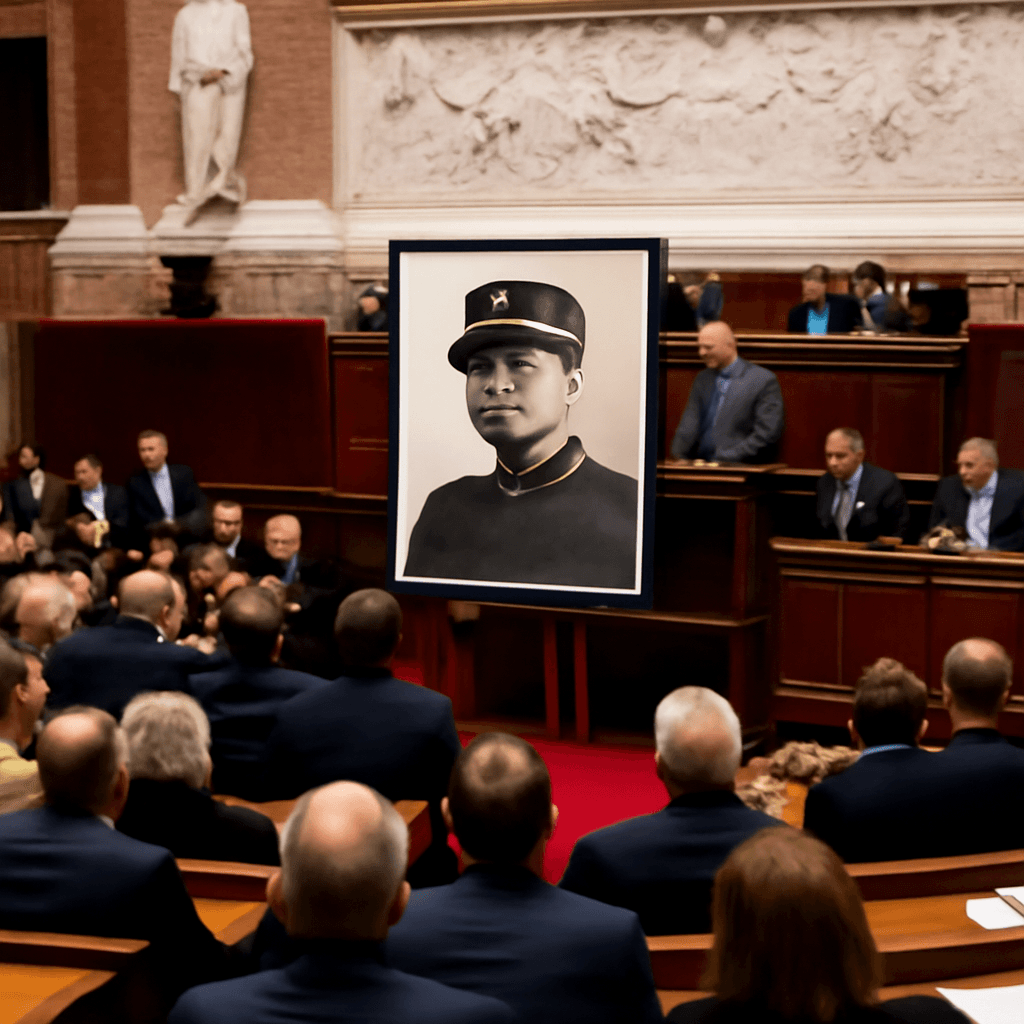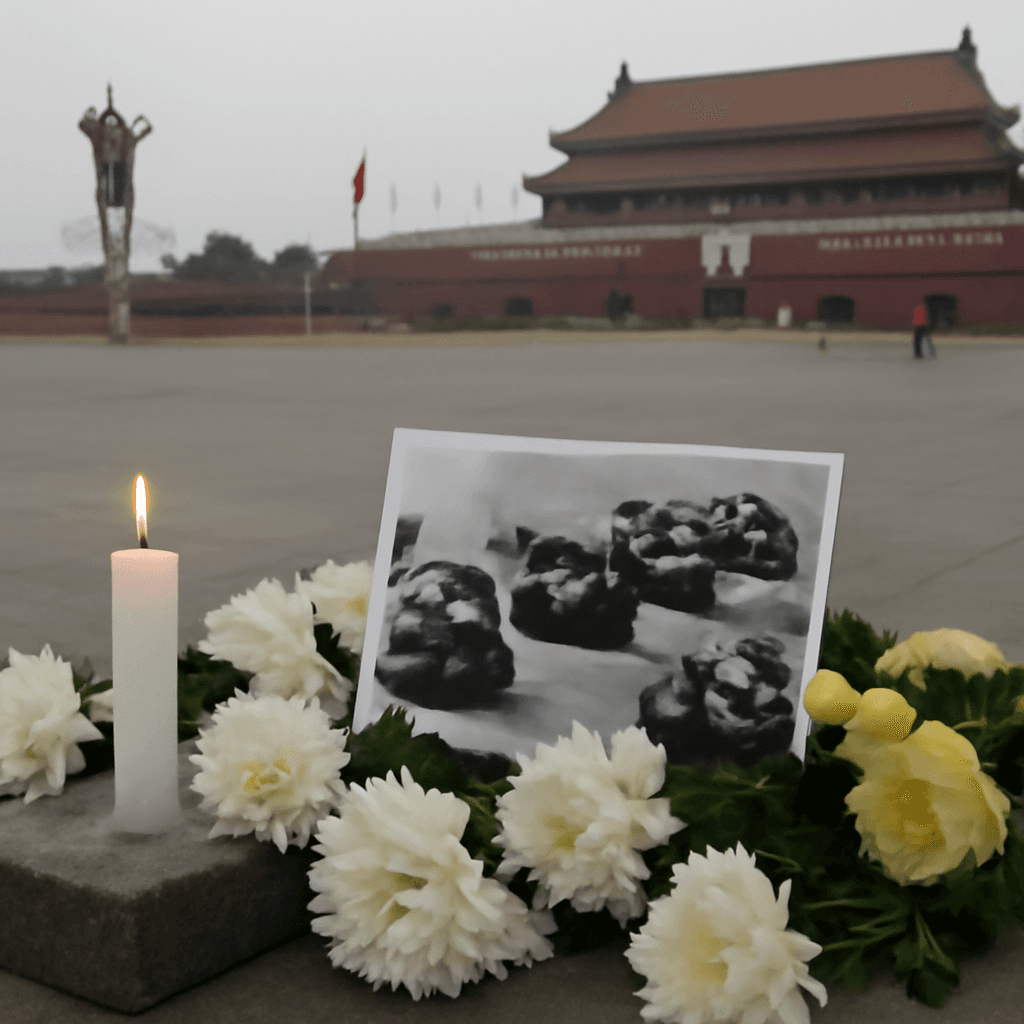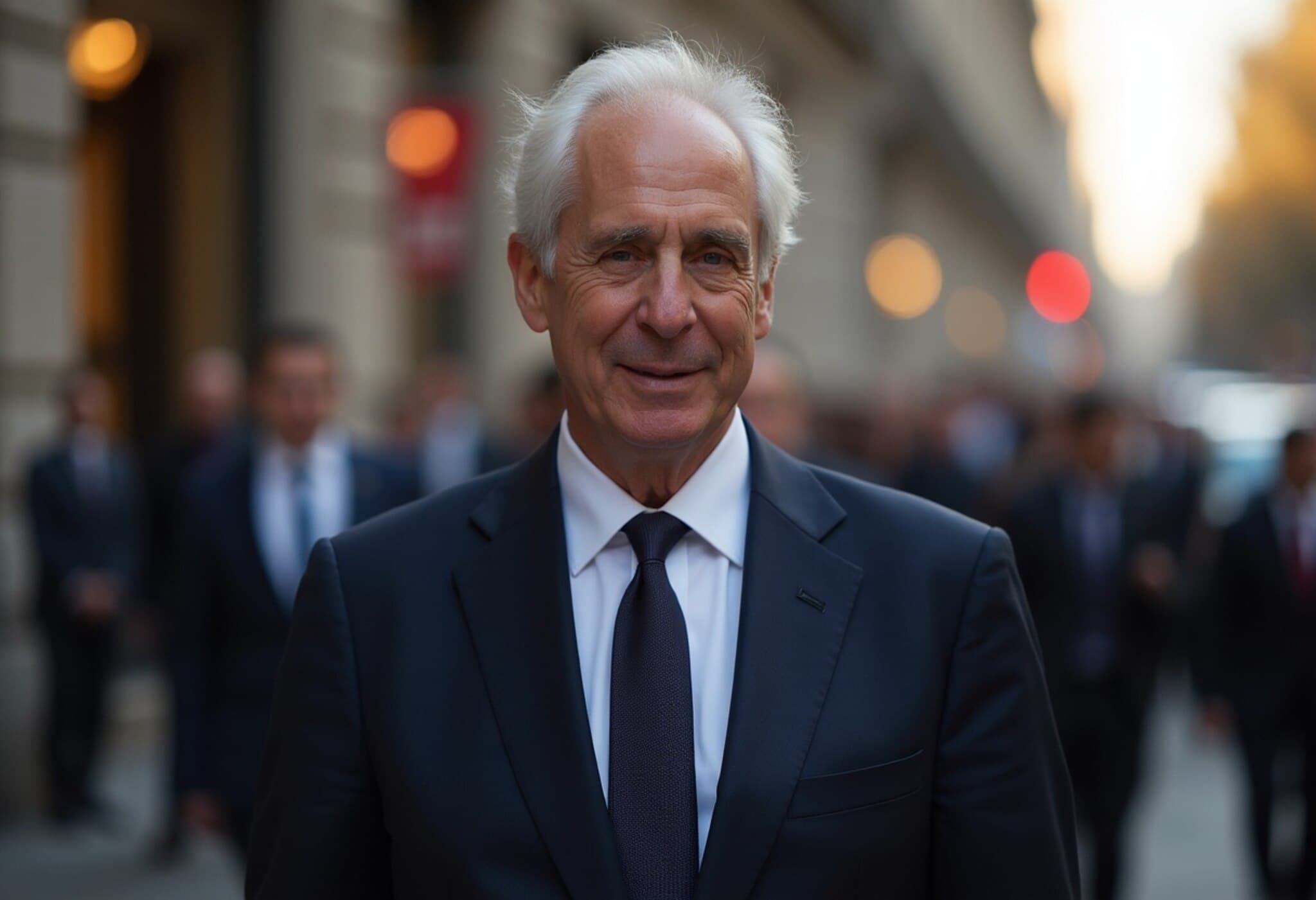Introduction to the Historic Promotion
Recently, the French National Assembly took a significant step by posthumously promoting Captain Alfred Dreyfus to the rank of brigadier general. This decision comes more than 130 years after Dreyfus was wrongfully convicted of treason in a case marked by deep antisemitic bias.
The Dreyfus Affair: A Brief Overview
In 1894, Alfred Dreyfus, a Jewish officer in the French army, was falsely accused and convicted of spying for Germany. The charges were fabricated to shield the actual perpetrators, reflecting the prevailing antisemitism of that era. Initially, the case attracted little attention, but it erupted into a national scandal by 1898.
The turning point came when influential writer Emile Zola published an article exposing the severe miscarriage of justice and the prejudice that influenced the trial.
Societal Impact and Division
The case deeply divided France into two camps:
- Dreyfusards: Advocated for Dreyfus’s innocence and sought justice.
- Anti-Dreyfusards: Supported the military’s version, emphasizing national pride and often harboring antisemitic sentiments.
This rift created lasting political tensions in French society, shaping the ideological landscape between Right and Left even today.
Dreyfus’s Military Career and Legacy
After being sentenced, Dreyfus endured harsh imprisonment in the infamous penal colony of Cayenne. He was pardoned in 1899, and his name was officially cleared in 1906. However, he never fully regained his military standing, leaving the army in 1907. Nonetheless, he returned to service during World War I.
In 2006, a formal acknowledgment of the injustice was made when the French President recognized that Dreyfus’s rehabilitation was incomplete due to the limited restoration of his career.
Recent Political Developments
The bill to honor Dreyfus was introduced by Gabriel Attal, the former Prime Minister and current leader of the ruling party's parliamentary group. On June 2, 2025, lawmakers unanimously voted for his posthumous promotion.
Despite widespread agreement about Dreyfus’s innocence, some political groups have expressed concerns that the case is being used for contemporary political gain. Centrist members of parliament have criticized the resurgence of the Dreyfus Affair in political discourse, suggesting it serves to legitimize parties across the spectrum.
Significance of This Commemoration
This posthumous promotion serves as a powerful symbolic gesture, acknowledging past errors and reaffirming commitments to justice and equality. It also underscores the enduring impact of the Dreyfus Affair on French society and its continued relevance in discussions about justice and antisemitism.



















